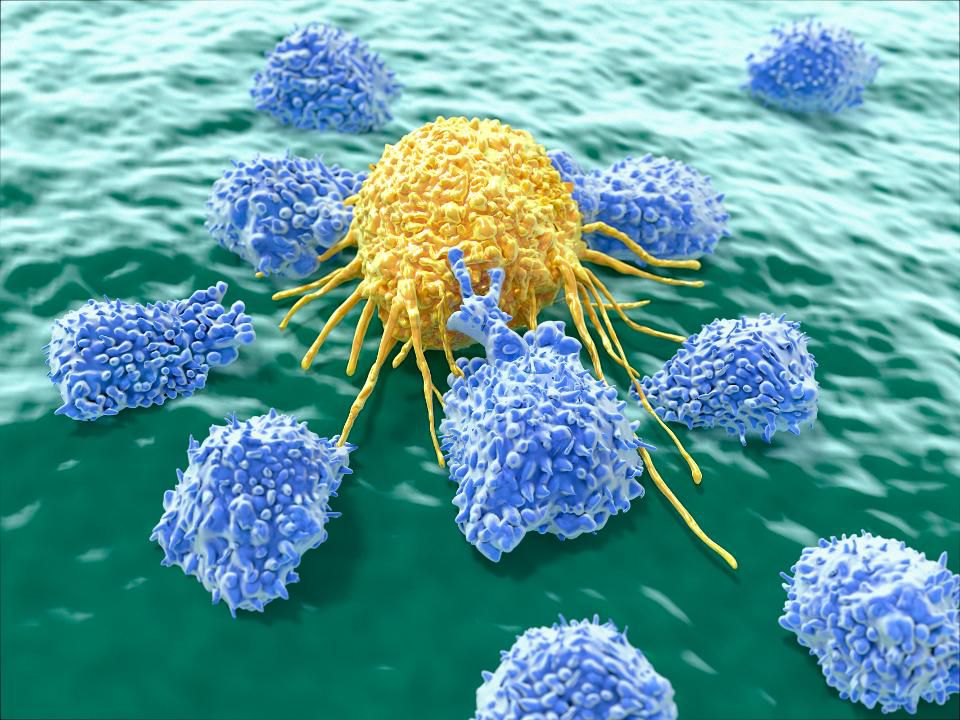IMAGE: GETTY royalty free
Labtech.eu reported on 1 May that Cell Medica, London-based biotech, has reported early data from a clinical trial that resulted in ‘extensive tumour regression’ in a child with high-risk neuroblastoma, a deadly form of childhood brain cancer that mostly strikes children under the age of 5.
A different version of CAR-T therapy, Cell Medica’s ‘next-generation’ CAR-NKT cell therapy utilises natural killer T (NKT) cells, immune cells that can more easily infiltrate solid tumours.
Cell Medica reported to the American Society of Gene and Cell Therapy Annual Meeting results from two patients treated with the lowest dose of the therapy that demonstrated that the engineered cells can multiply and infiltrate the tumour. This was the first time this ‘next-gen’ therapy has been tested in humans.
Cell Medica’s first product candidate, CAR-NKT (CMD-501) targets GD2, a molecule present on neuroblastoma cancer cells. The cells were also modified to induce the production of interleukin-15, a protein that is thought to help NKT cells stay in the tumour for longer. NKT cells are a very rare and specific subset of T cells, which are the cells used in CAR-T therapy. NKT cells are ‘rapid responders’ of the innate immune system.
Labtech.eu reports that it’s too early to determine whether the therapy works and is safe, as higher doses of the treatment are still to be tested. For the full report, click here.

